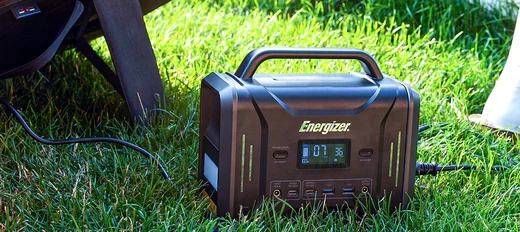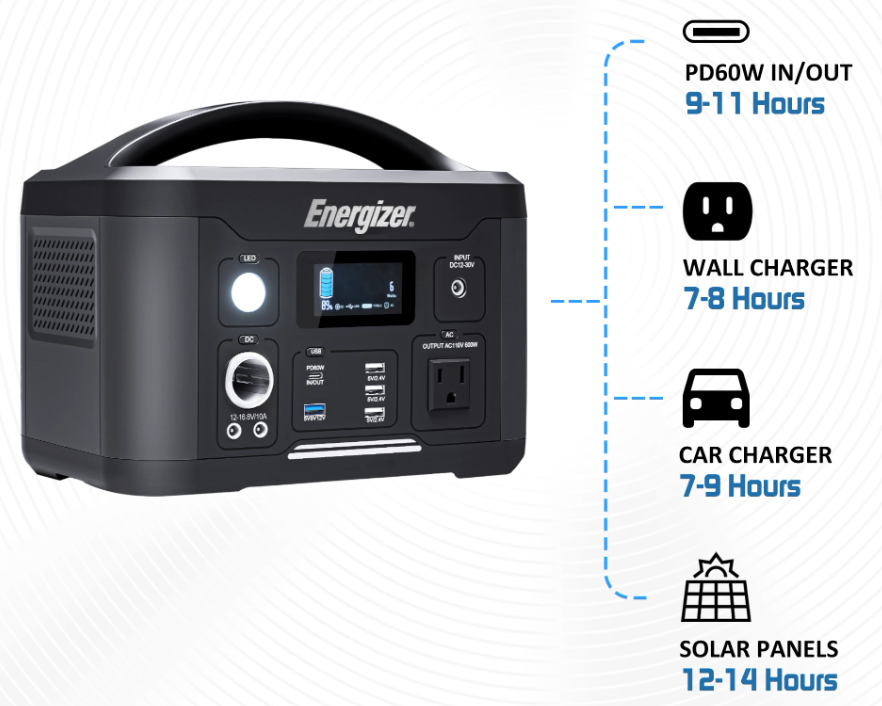Email cannot be empty
Password cannot be empty
Email format error
Email cannot be empty
Email already exists
6-20 characters(letters plus numbers only)
The password is inconsistent
Email format error
Email cannot be empty
Email does not exist
6-20 characters(letters plus numbers only)
The password is inconsistent


Outdoor power supply refers to the provision of electrical power in outdoor environments where traditional electrical outlets may not be readily available. It involves the use of various technologies to generate and store power for use in remote locations, such as campsites, outdoor events, and construction sites.

One of the most popular technologies used for outdoor power supply is solar power. Solar panels can be used to collect energy from the sun and convert it into electrical power that can be stored in batteries. This power can then be used to run small appliances or charge electronic devices.
Another common technology used for outdoor power supply is generators. Generators run on fuel, such as gasoline or diesel, and can provide large amounts of power for extended periods of time. They are often used in construction sites or for outdoor events where a lot of power is needed.
In recent years, portable power stations have become increasingly popular for outdoor power supply. These are self-contained units that contain batteries, inverters, and charging ports, and can be recharged using solar panels or a traditional electrical outlet. They are often used for camping or outdoor activities, as they are quiet, clean, and easy to transport.
When choosing an outdoor power supply solution, it's important to consider factors such as power output, runtime, and portability. It's also important to consider the environmental impact of the power source and to choose a solution that is both efficient and sustainable.
outdoor power supply involves the use of various technologies, including solar power, generators, and portable power stations, to provide electrical power in remote outdoor locations. By understanding the different options available and choosing a solution that meets your specific needs, you can enjoy the benefits of power in even the most remote and off-grid locations.
Another technology that is being used for outdoor power supply is wind power. Wind turbines can generate electricity from wind energy and convert it into electrical power that can be stored in batteries. While wind power is not as common as solar power or generators, it can be a viable option in areas with consistent wind patterns.
In addition to the various technologies used for outdoor power supply, there are also different types of outdoor power supply systems. Standalone systems are self-contained units that can generate and store power, while grid-tied systems are connected to the main electrical grid and can draw power from the grid when needed. Hybrid systems combine both standalone and grid-tied technologies for added flexibility.
Outdoor power supply is becoming increasingly important as more people engage in outdoor activities and remote work. It provides a way to stay connected and powered up in even the most remote locations, and can be essential for emergency situations. As technology continues to improve and new innovations are introduced, the possibilities for outdoor power supply will only continue to expand.
Another important aspect of outdoor power supply is safety. Portable generators and other power sources can pose significant safety risks if not used properly. It's important to follow manufacturer guidelines and safety instructions when using these devices, and to take necessary precautions to prevent fires, electrocution, or other accidents.
Furthermore, environmental considerations are also important when it comes to outdoor power supply. Traditional fuel-powered generators can contribute to air and noise pollution, while batteries can contain harmful chemicals. Choosing sustainable power sources and using energy-efficient appliances can help to minimize the environmental impact of outdoor power supply.
Finally, the cost of outdoor power supply can vary depending on the technology used and the amount of power needed. Solar panels and portable power stations can be more expensive upfront, but can save money in the long run by reducing reliance on traditional power sources. Generators can be less expensive initially, but require ongoing fuel costs.
Overall, outdoor power supply is an important consideration for anyone planning to spend time in remote outdoor locations or engage in outdoor activities. By understanding the various technologies and systems available, and considering factors such as safety, environmental impact, and cost, you can choose a solution that meets your needs and helps you stay connected and powered up in even the most remote and off-grid locations.